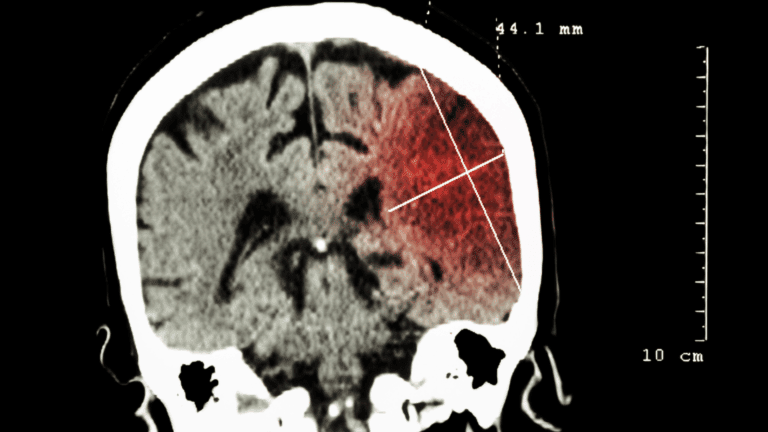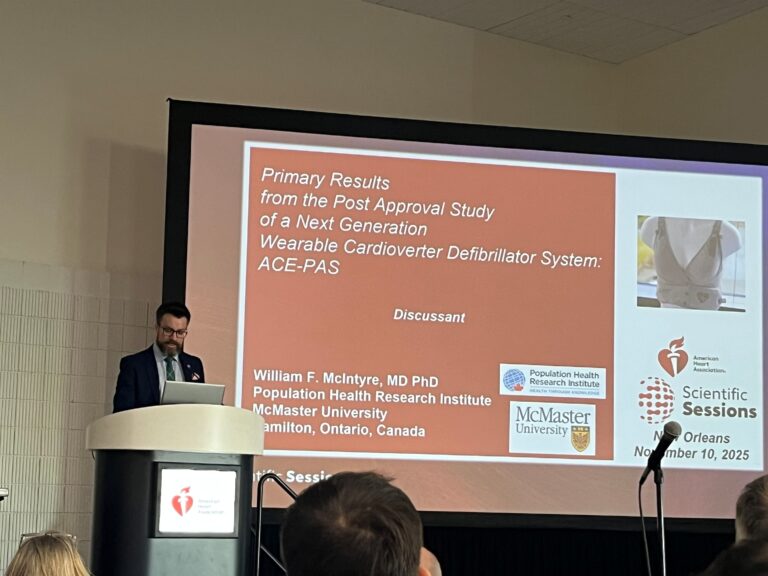
Guillaume Pare
We enter 2023 at an exciting time in the field of multi-omics – an emerging set of analytical methodologies (genomics, proteomics, epigenomics, metabolomics, transcriptomics) – which offers the potential to improve the lives of many populations.
“As technologies improve, costs for ‘omics studies will continue to fall, and datasets will become increasingly accessible to researchers,” write PHRI Senior Scientist Guillaume Pare, his mentee Pedrum Shemirani, and another early career researcher, Tushar Sood at University of Toronto in a recent paper.
Titled, “From ‘Omics to Multi-omics Technologies: the Discovery of Novel Causal Mediators” and published in Current Atherosclerosis Reports, they focus on cardiovascular diseases, concluding that “while there remain challenges and limitations to multi-omics… ongoing technological and/or statistical developments are enhancing this field.”
That certainly is the case at the CRLB-GMEL lab and biobank, of which Pare is Director, with a strong cadre of biostatisticians, research technologists, and bioinformaticians.
The paper also notes that “by adopting a more comprehensive view of biology and disease, multi-omics has already started to shape the direction of Big Data analyses in biomedical research, including that on atherosclerotic cardiovascular disease.”
One of the paper’s coauthors Tweeted:
Big data is already being used to identify mediators of disease – but how about integrating multiple types of data? In this review, we describe the use of multi-omics in discovering casual mediators of disease, focusing on CVDs. https://t.co/eAjFoMg7o2 @pedrumstick @GMEL_McMaster
— Tushar Sood (@tusharsood2224) January 3, 2023
Learn more about Pare and his team’s accomplishments in biomarker and genetic research, including method innovation.
‘Multi-omics Day’
In September 2022, CRLB-GMEL was delighted to host its first Multi-Omics Day, with industry partners Illumina and Olink. Attendance was strong, and plans are already underway for the second annual multiomics knowledge sharing event.




